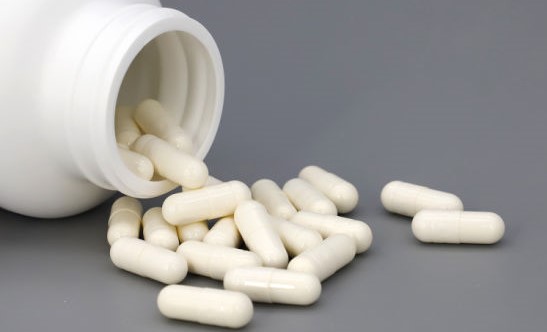Click Here to Sign Up for Your Free Muscle Building Magazine
It has been shown that the protein requirements for athletes may well exceed that suggested by the (USRDA) .80 g/kg/day. If an individuals protein requirement increases in response to exercise, then changes in protein metabolism will become apparent. When the body is in a homeostatic state, protein synthesis is equal to protein degradation and the protein requirement of the body for tissue maintenance is satisfied. The most common way to detect changes in protein metabolism is to assess nitrogen balance of the body.
Positive nitrogen balance occurs when the total nitrogen excreted in the urine, feces and sweat is less than the total nitrogen ingested. Positive nitrogen balance must exist for new tissue to be synthesized. When dietary protein intake or total energy intake is inadequate to maintain tissues total nitrogen balance, negative nitrogen balance occurs and new tissue is unable to be synthesized.
When the body is in nitrogen balance, protein and energy intake is sufficient to maintain tissue protein needs and the amounts of nitrogen entering and exiting the body are equal. The results of nitrogen balance studies using endurance athletes have indicated that athletes do in fact have protein requirements that exceed the USRDA of 0.8 g/kg/day. A study found that endurance athletes (defined as training for around 3.5 hours per week for at least 5 years) require 1.37 g/kg/day of protein to maintain nitrogen balance compared to 0.73 g/kg/day for sedentary individuals. That is almost double.
It also appears that weight training can lead to a daily protein requirement that exceeds the current USRDA. It has been found that 2.0 to 2.2 g/kg/day of protein would be barely sufficient to maintain nitrogen balance during moderate intensity weight training. Furthermore, weightlifter's protein requirements increased proportionally to training intensity. Research has shown that 2.0 to 2.6 g/kg/day of protein are required for periods of very intense weight training, whereas protein intakes of 2.0 g/kg/day maintained a positive nitrogen balance during periods of less intense weight training.
It is clear that athletes need to consume more protein than the current USRDA for 0.8 g/kg/day in order to maintain nitrogen balance. Conversely, since the requirements of carbohydrates and overall calories also increase with physical activity, the recommended proportion of calories from protein only increases more significantly. With a calorie sufficient diet, protein requirement values needed to maintain positive nitrogen balance of both weight trained and endurance trained athletes constitutes intakes of 25 to 33% of total daily calories.
The suspected reason for this is the fact that most protein does not contain all of the right amounts of essential amino acids. In order to get what is needed, much more food and a larger variety is then required. This in turn leads to a higher intake of saturated fats which most physicians raise an eyebrow to. The solution might be in making the protein you eat more effective by supplementing it with amino acids. By adding a proper combination of essential amino acids, this picks up the slack from where cooking destroys and limits your nutritional intake. Consider this information wisely.
Click Here to Sign Up for Your Free Muscle Building Magazine
* The information presented is intended to be used for educational purposes only. The statements made have not been evaluated by the Food and Drug Administration (U.S.). This product is not intended to diagnose, treat, cure or prevent any condition or disease. Please consult with your own physician or health care practitioner regarding any suggestions and recommendations made.
We feel this supplement is comparable to if not better than Amino 10000, Amino Build, Amino Burst, Amino BCAA, Amino Complex, Amino Energy, Amino Fuel, Amino Flex, Amino Gold, Amino Iron, AminoLean, Amino Muscle, Nitrobol Amino Acids, Amino Recovery, AminoX, Ultimate Amino, Amino Vital, Xtreme Amino, etc.
